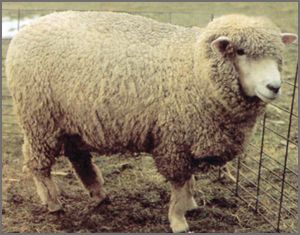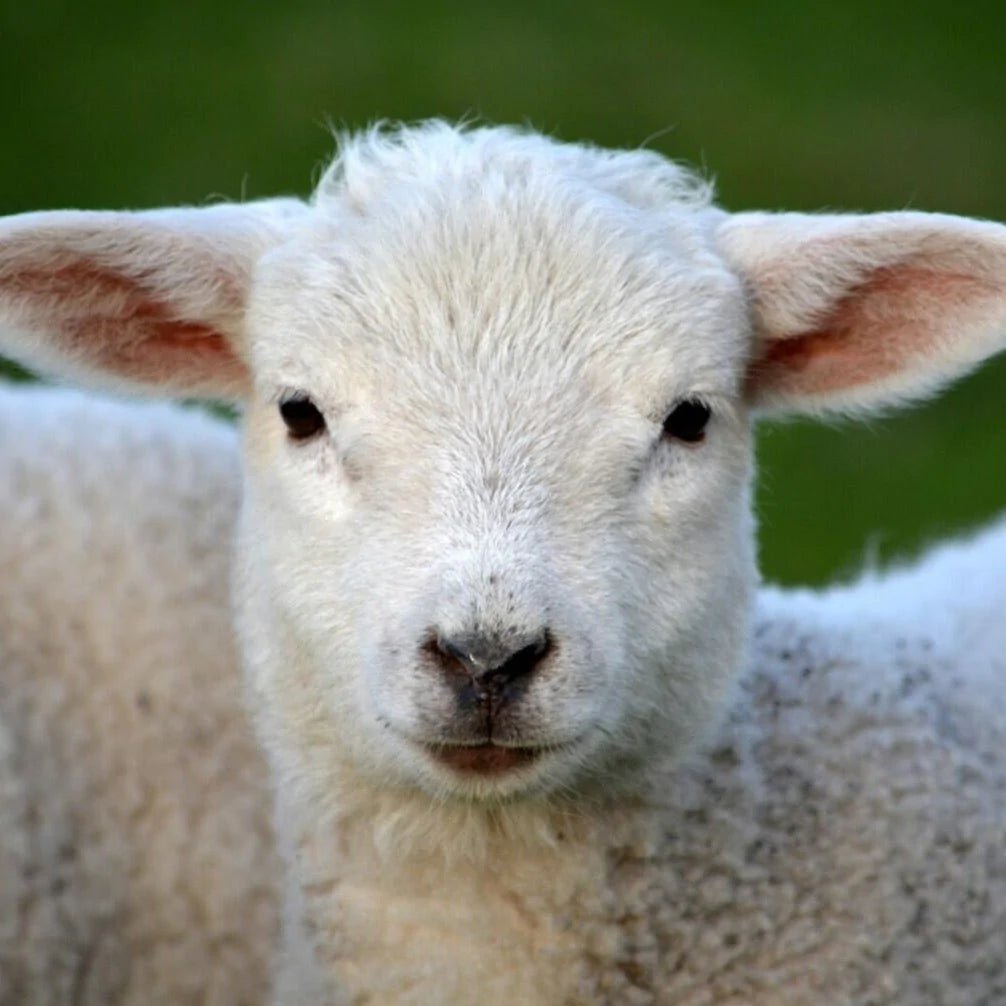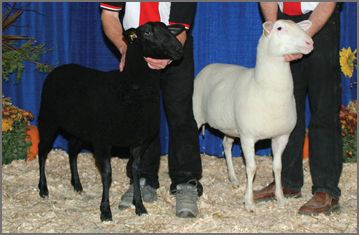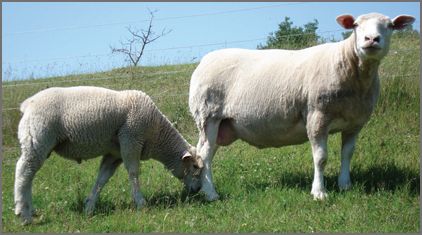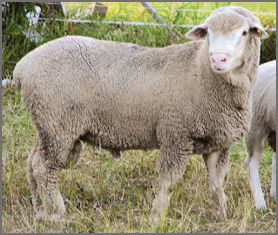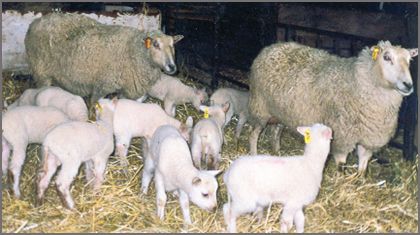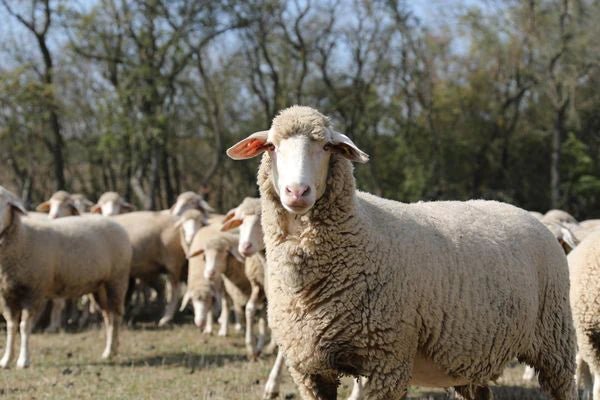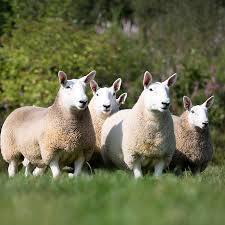Couldn't load pickup availability
restock notification
we will send you an email once the product becomes available. Your email address will not be shared with anyone else
7 in stock
🍁 made in Canada 🍁
The breed of sheep that a fleece comes from can make a huge difference in the characteristics of yarn spun from it, or how it felts. We are delighted to offer the following selection of rovings from different Canadian sheep breeds for you to sample. All listed wool was produced entirely in Canada, from Canadian sheep.
Now available by the gram, with a 40g minimum!
Images are taken from wool.ca, which is an excellent resource if you'd like to learn more about these or other sheep breeds!
this item is not eligible for return or exchange, and may not be restocked quickly. Please plan your project carefully!
returns & cancellations
returns & cancellations
This item is not eligible for return or exchange.
Share
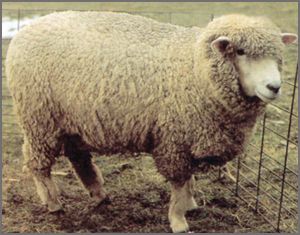
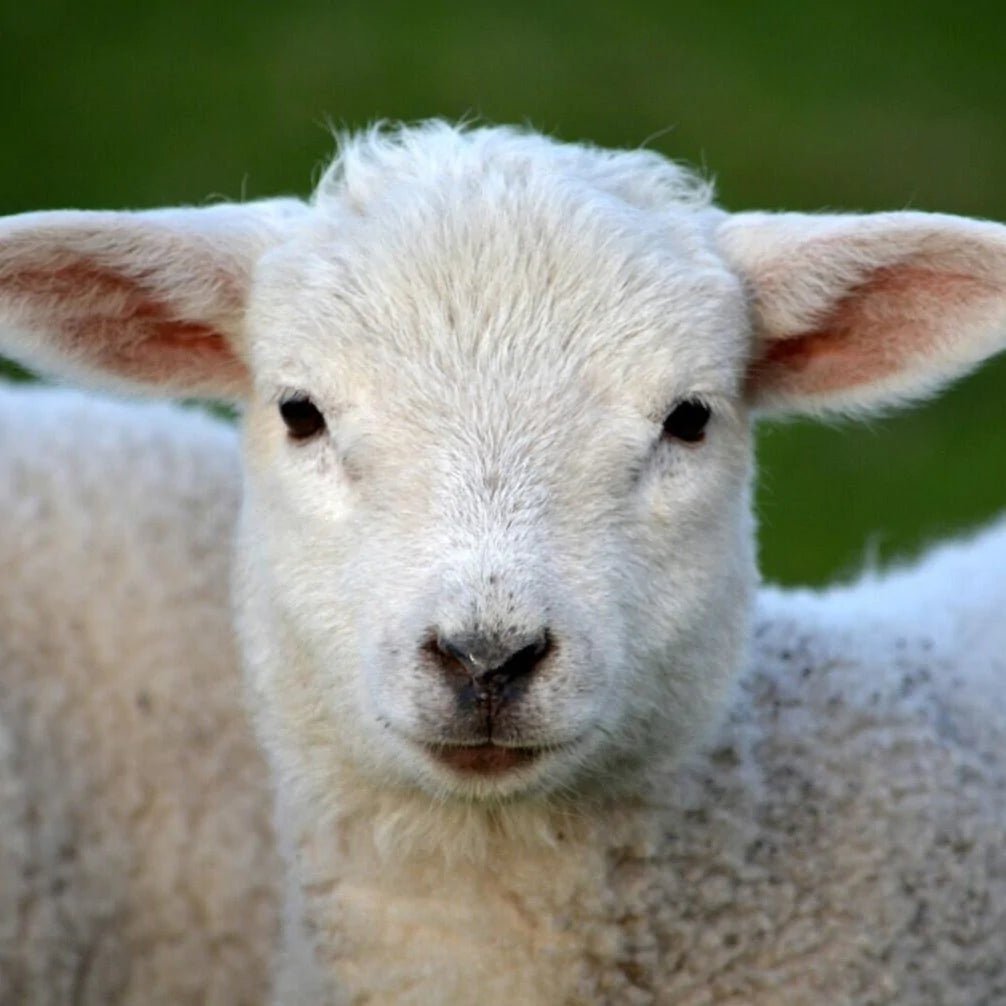
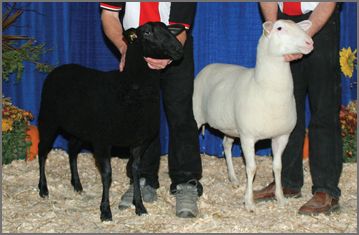
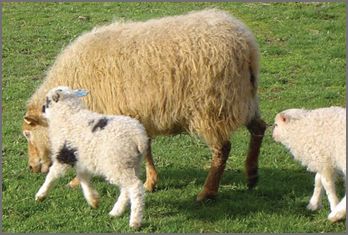
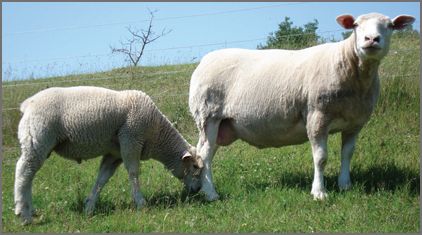
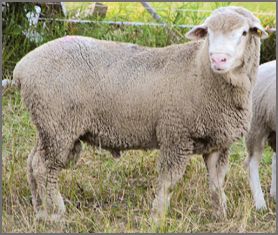
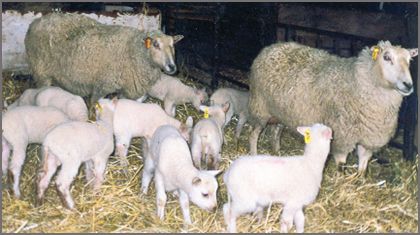
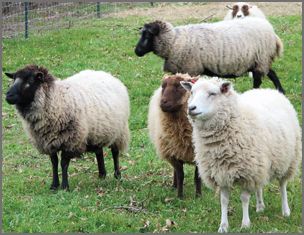
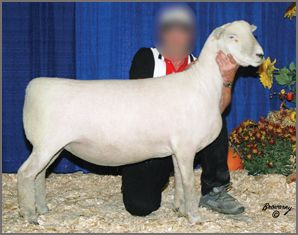
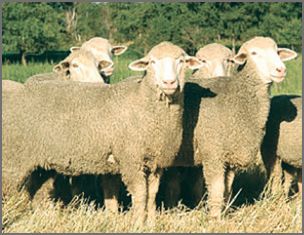
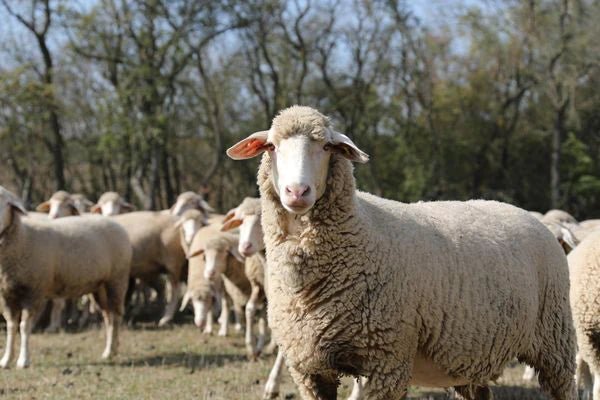
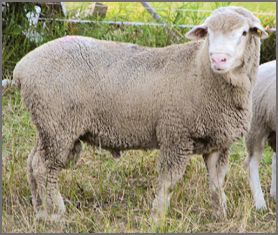
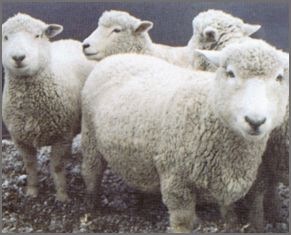
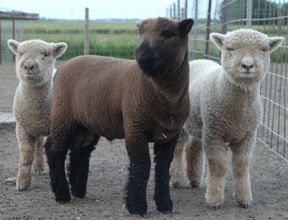
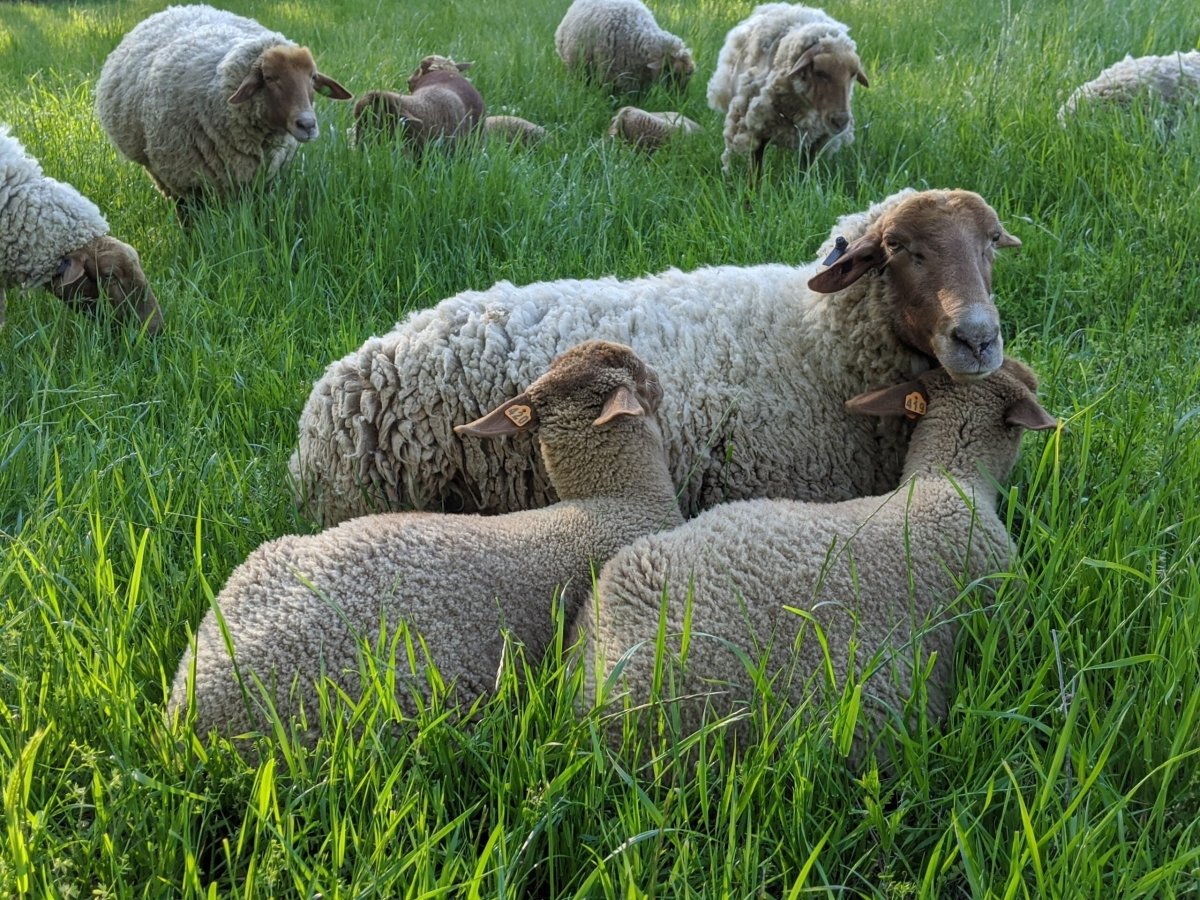
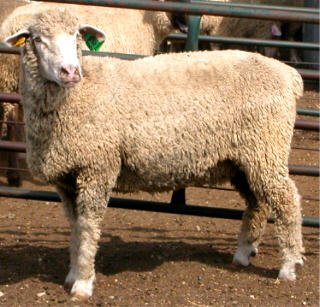
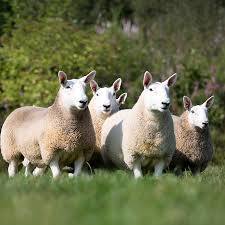
-
custom woolen mills
Custom Woolen Mills is a small, family owned and operated woolen mill located near Carstairs, Alberta, Canada. Using turn-of-the-century industrial revolution machinery, they have been providing quality woolen and exotic fibre products to their loyal customers for over 35 years. -
icelandic wool
Wool from the Icelandic sheep breed consists of two types of fiber. The inner fiber is fine, soft, and warm and the outer fiber is long, glossy and water-repellent. Together this combination is lightweight and warm as well as water-repellent and breathable, keeping you dry and comfortable. -
shetland wool
The Shetland is a native of the Shetland Isles, located in the North Sea off the coast of Scotland. In this remote, rugged and harsh environment, the Shetland developed over a thousand years to become a hardy, self reliant breed. It is kept primarily for its fine, soft fleece which appears in a range of eleven natural colours. -
corriedale wool
The Corriedale was developed in New Zealand and Australia during the late 1800's from crossing Lincoln or Leicester rams with Merino females. The breed is now distributed worldwide, making up the greatest population of all sheep in South America and thrives throughout Asia, North America and South Africa. It is a warm, medium-fine wool, and is an excellent choice for knitting, crochet, spinning and felting. -
targhee wool
Established in the late 1930s, the first Targhee flock was named for the pastures where the sheep grazed during the summer: Idaho’s Targhee National Forest. A cross between the Lincoln, Corriedale and Rambouillet, this breed was invented in the early 20th century to be a finewool sheep that could thrive in the harder North American climate. -
south down wool
The creamy white wool of the south down is a medium weight, shorter wool with a staple length between 1.5-3 inches and a fiber width between 23-30 microns. Like all wool, Southdown can be felted, however felters will find that it may be slightly more difficult to felt; this quality is thought to be due to its spiral crimp. This is, of course, be a boon for those who are interested in spinning yarn for socks or other clothing that might see hard wear. The wool is quite springy with a low-luster that takes up dye very well. -
rambouillet wool
This breed of sheep is also known as the Rambouillet Merino, or French Merino. Like that of their Spanish cousins, their wool is known and prized for its softness, excellent warmth, and fine texture. -
mulesing free
Mulesing is a controversial farming practice used, predominantly in Australia, to prevent the parasidic infection flystrike. While mulesing prevents infection, it is a very painful procedure for the animal to endure, and more humane alternatives exist. This practice is banned in many areas of the world. If a yarn is marked as mulesing free, that means that no animals were treated this way during the production of the yarn.
